The Conservation conversation: luxury travel company andBeyond’s sustainable philosophy
How conservation-based tourism in Africa can help protect the environment
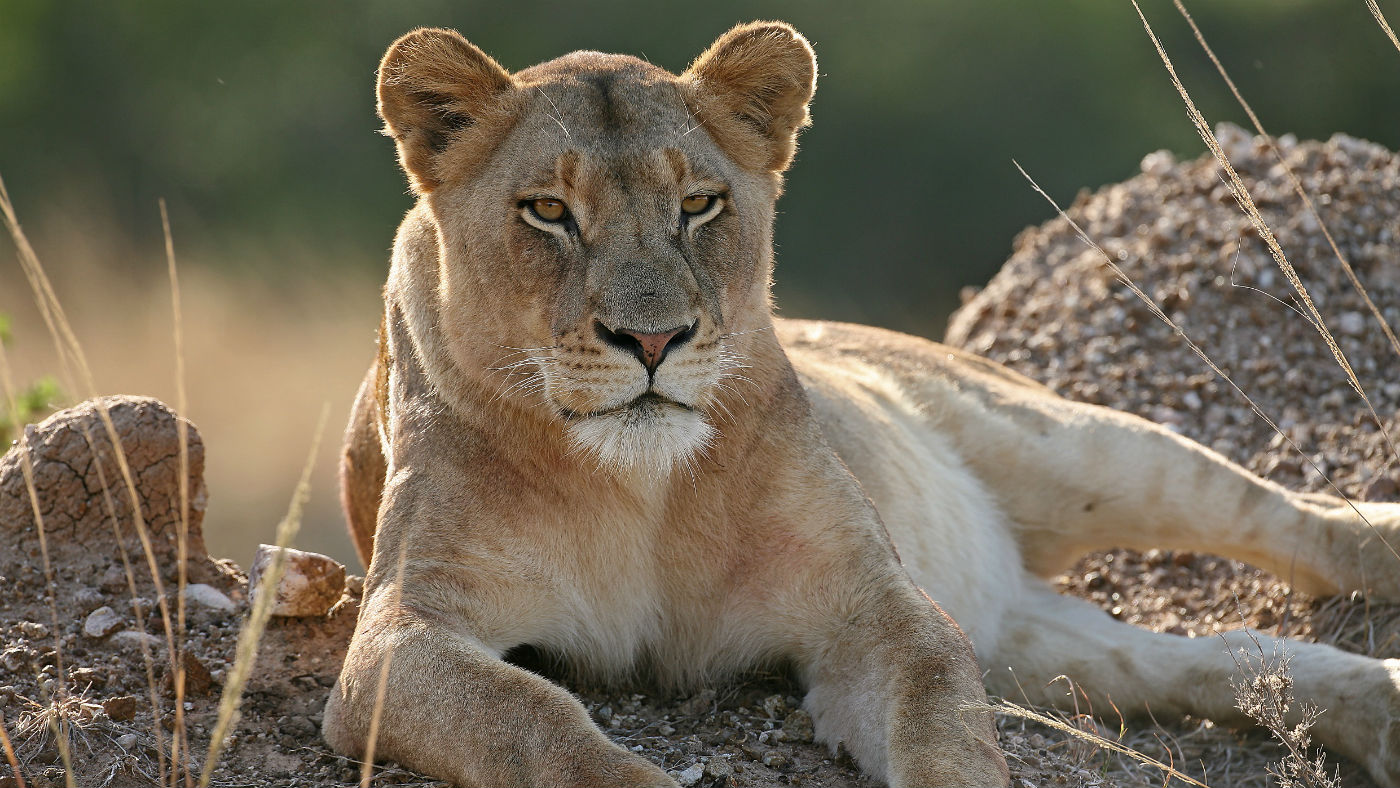
A free daily email with the biggest news stories of the day – and the best features from TheWeek.com
You are now subscribed
Your newsletter sign-up was successful
“Travel has evolved from the adage of taking only photos and leaving only footprints,” says Joss Kent, the CEO of luxury African travel company andBeyond. “The wild places of this world need us to do better than that. Now it’s about taking memories and leaving a legacy.”
A few months ago, Kent unveiled his company’s annual impact review, a document that highlights the ways andBeyond is attempting to meet two simultaneous goals of offering visitors a luxurious experience of the African bush, while simultaneously “expanding and protecting the biodiversity of the Earth’s lands and oceans.”
It is an audacious mission, and a complicated, expensive undertaking, but it has also brought the company recognition as a “world leader in responsible tourism and conservation”.
The Week
Escape your echo chamber. Get the facts behind the news, plus analysis from multiple perspectives.

Sign up for The Week's Free Newsletters
From our morning news briefing to a weekly Good News Newsletter, get the best of The Week delivered directly to your inbox.
From our morning news briefing to a weekly Good News Newsletter, get the best of The Week delivered directly to your inbox.
The Week Portfolio caught up with Kent recently to find out more about the company’s approach to conservation.
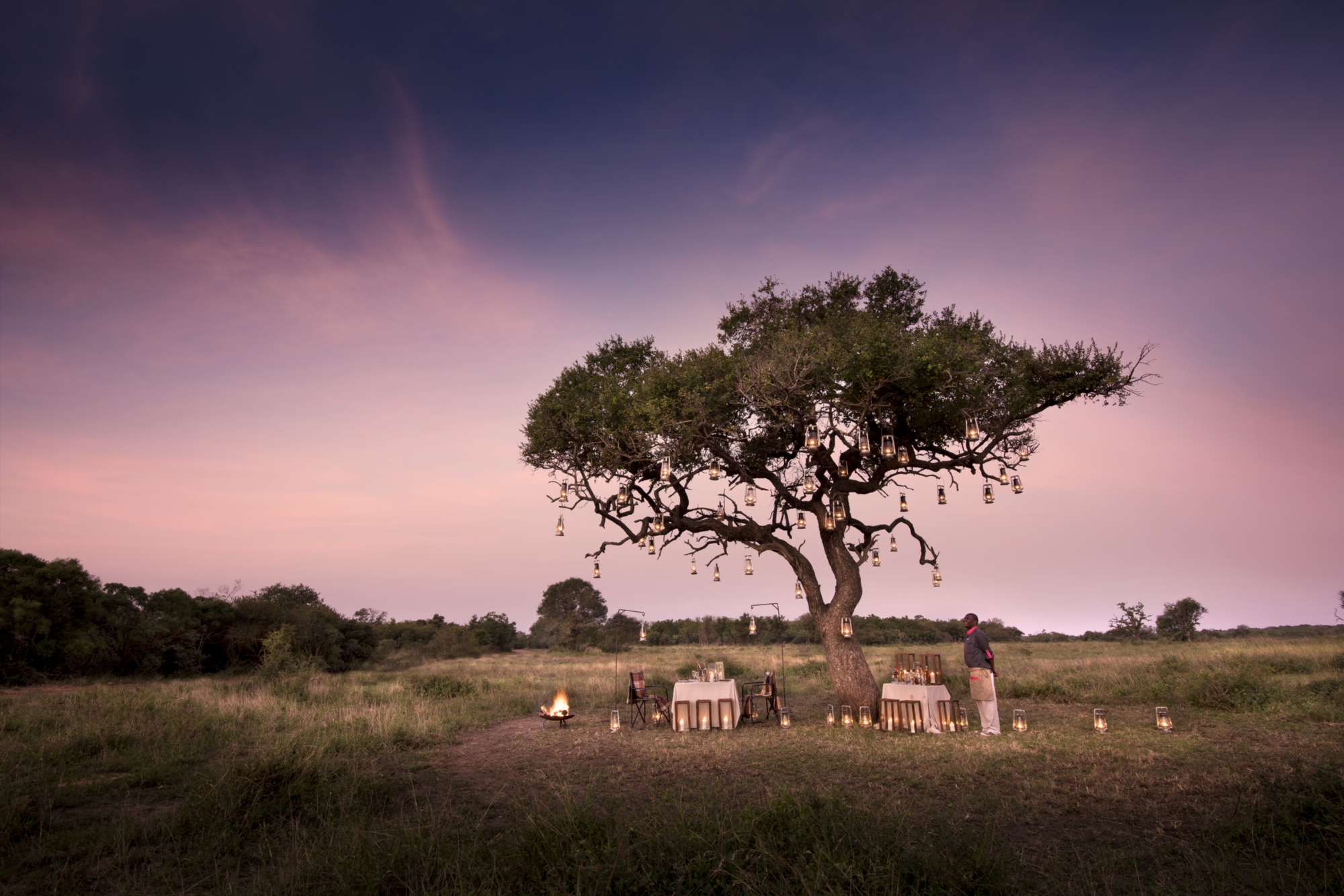
How is andBeyond attempting to protect the environment?
Since the very beginning, it has been our goal to show that it is possible for a financially sustainable, conservation-based tourism operator to make a significant contribution to protecting the environment while also promoting sustainable community development. Since our inception 27 years ago, we have believed that, by definition, responsible travel should not only positively impact the land and its wildlife, but also the people who live in and around wildlife areas. We believe in taking less and giving more and we apply this philosophy every day through actions big and small at each of our 29 lodges and 14 offices.
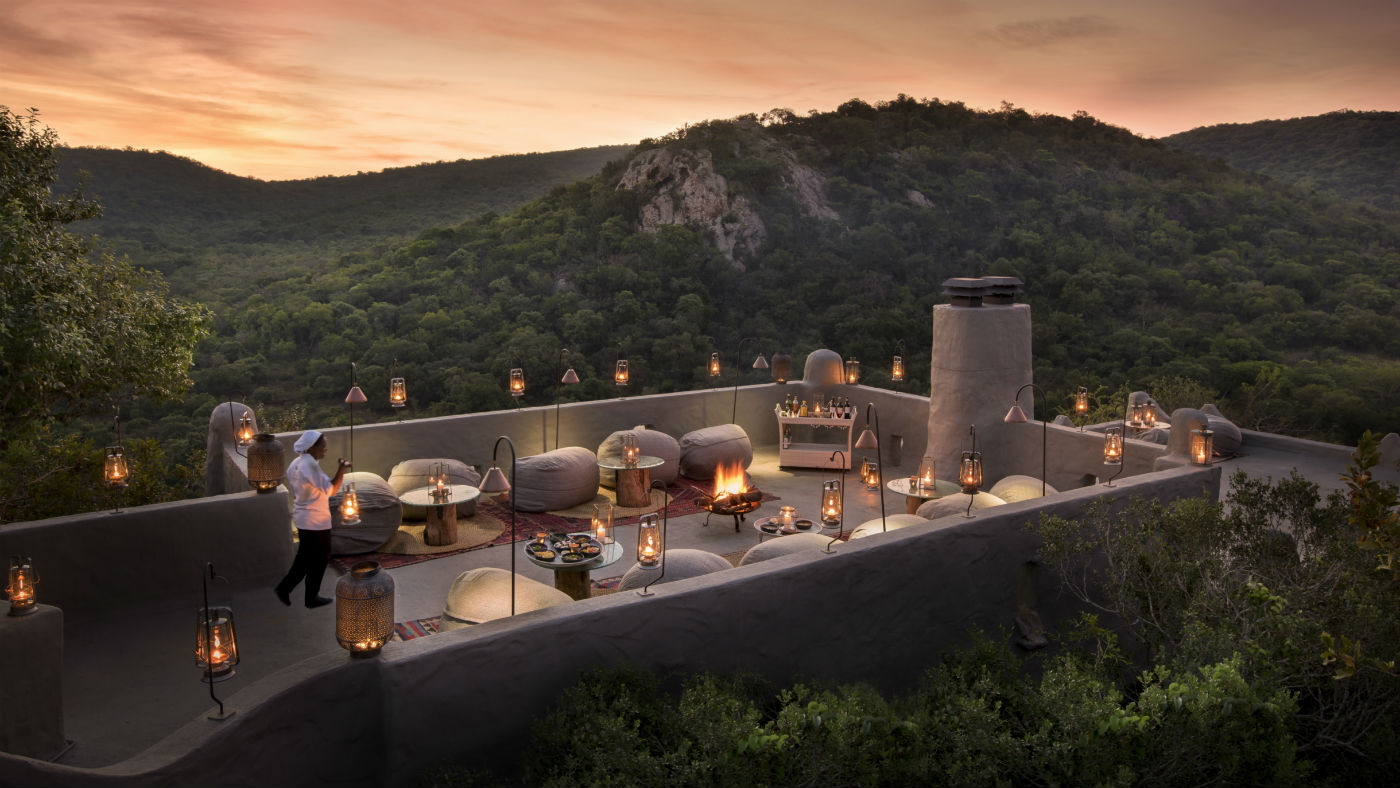
We strive to leave our world a better place than we found it through our ethos of care of the land, wildlife and people. In the context of our business, we have a “three Cs” policy. “Care of the land” embraces our efficiency strategy, which aims to minimise our physical footprint and the impact that our operations have on the environment. “Care of the wildlife” is defined in our conservation strategy, which includes the preservation of endangered species through conservation, translocations and breeding programs. Our community strategy, including our partnership with Africa Foundation, is the last leg of our core ethic, “Care of the people”.
A free daily email with the biggest news stories of the day – and the best features from TheWeek.com
You said in your impact report that your six-year-old son had asked you a simple, yet powerful question about why the older people who run the world get things wrong so often. How did you answer that question?
I had to think quite carefully about my answer as, in its simplicity, the question was actually quite insightful.
I answered him by saying three things:
“People often forget to listen, learn and understand before jumping to conclusions.”
“People think about themselves before they think of others.”
“People don’t travel enough. It is only through travel that you really understand what is happening around you and become able to make better decisions.”
On the third point, I believe every senior politician, diplomat or army general should be forced to take two trips a year to countries where they have never been before but that may be impacted by the decisions they make!
What are three highlights - animal encounters specifically - from your time at the helm of andBeyond?
The first one that comes to mind happened a few years ago when I stayed at andBeyond Ngala Safari Lodge with my family and we went on an evening game drive. As the sun started to go down, a pack of wild dogs surrounded our vehicle as we sat at one of the reservoir dams, watching the game come and go. We stayed there with the engine off for an hour, watching these amazing and highly endangered predators fighting and playing. Wild dogs were already a favourite of mine before this magical encounter, but are now an absolute firm favourite with the whole family after this special time spent watching them all by ourselves!
The second was during another family outing to andBeyond Phinda Private Game Reserve. We were lucky enough to take part in an operation during which a collar was placed on a big lioness so that her movements could be tracked. My then four-year-old son put his hand and then his whole head inside the lioness’s mouth (she was heavily sedated!). In that instant he became a mini-conservationist as the conservation team patiently explained why they were doing what they were doing and how he could help them. The power of such experiences at an early age is striking.
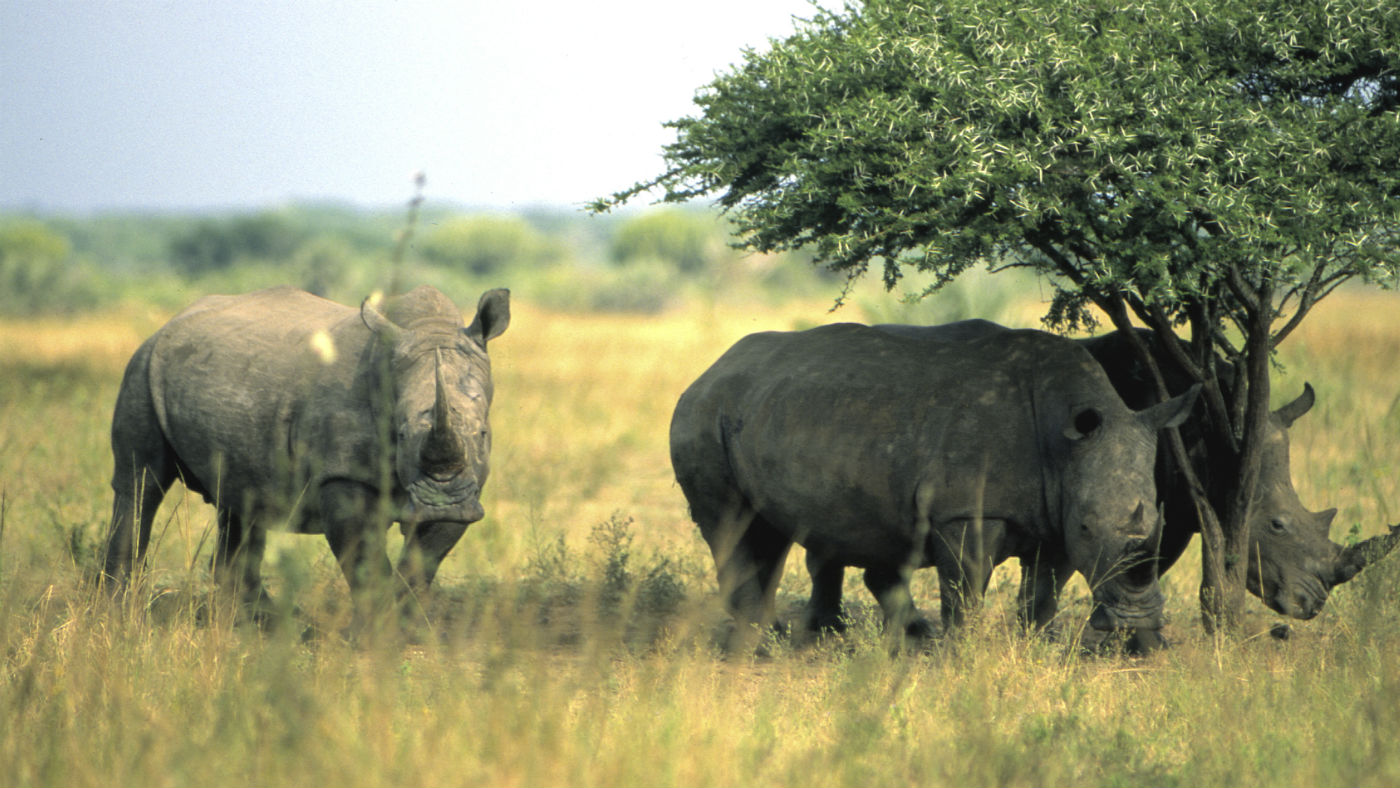
The last one that comes to mind was halfway through our Rhinos Without Borders project of moving 100 rhino from heavily poached South Africa to the safer havens of Botswana. I was in the Okavango Delta, taking part in the release of one of the batches of translocated rhino. Dereck Joubert, the CEO of Great Plains Conservation, who had only recently survived an encounter with a buffalo and was still nursing a broken collarbone to prove it, was standing next to me as one of the sedated rhinos was being ‘heli-slung’ under a Huey helicopter to get her across the deep water channels into a very safe zone in the Delta (a totally safe procedure, by the way, and documented as one of the best ways to move rhino from the perspective of their wellbeing). As the helicopter lifted off and the rhino took to the air suspended upside down, the hairs went up on the back of my neck and I felt warm tears welling up. Trying to brush my emotions aside in the testosterone-laden environment, I turned to Dereck, only to find that he was struggling equally as much! It was an emotive moment and something I will never, ever forget.
Are you optimistic or pessimistic about the future for the animals that roam andBeyond destinations?
We have to be optimistic. We cannot afford not to be. Humans seem to believe that we are superior to other species and that we can continue to take from this planet and not to give, without any repercussions for our homo sapiens selfishness. Unfortunately I don’t subscribe to that view and I strongly believe that we all have our part to play, however small.

At andBeyond, we are totally committed to striving to leave our world a better place than we found it. In terms of conservation, we have made a difference to a number of species. At andBeyond Mnemba Island, we focus on the breeding of the endangered suni and Ader’s duiker. Beginning with six suni in 1993, we have since grown the population successfully to translocate 185 animals back to the mainland. Ader’s duiker have also thrived, with the original five obtained in 2005 resulting a population of 38 by 2017. andBeyond Phinda Private Game Reserve has been instrumental in breeding cheetah, listed as vulnerable by the IUCN. Fifty litters, totally 150 cubs have been born at the reserve, with 53 translocated to other parks.
Your impact statement tracks 25 years of conservation at andBeyond. What key lessons have you learnt during that time? And if you had those 25 years over again, what might you do differently?
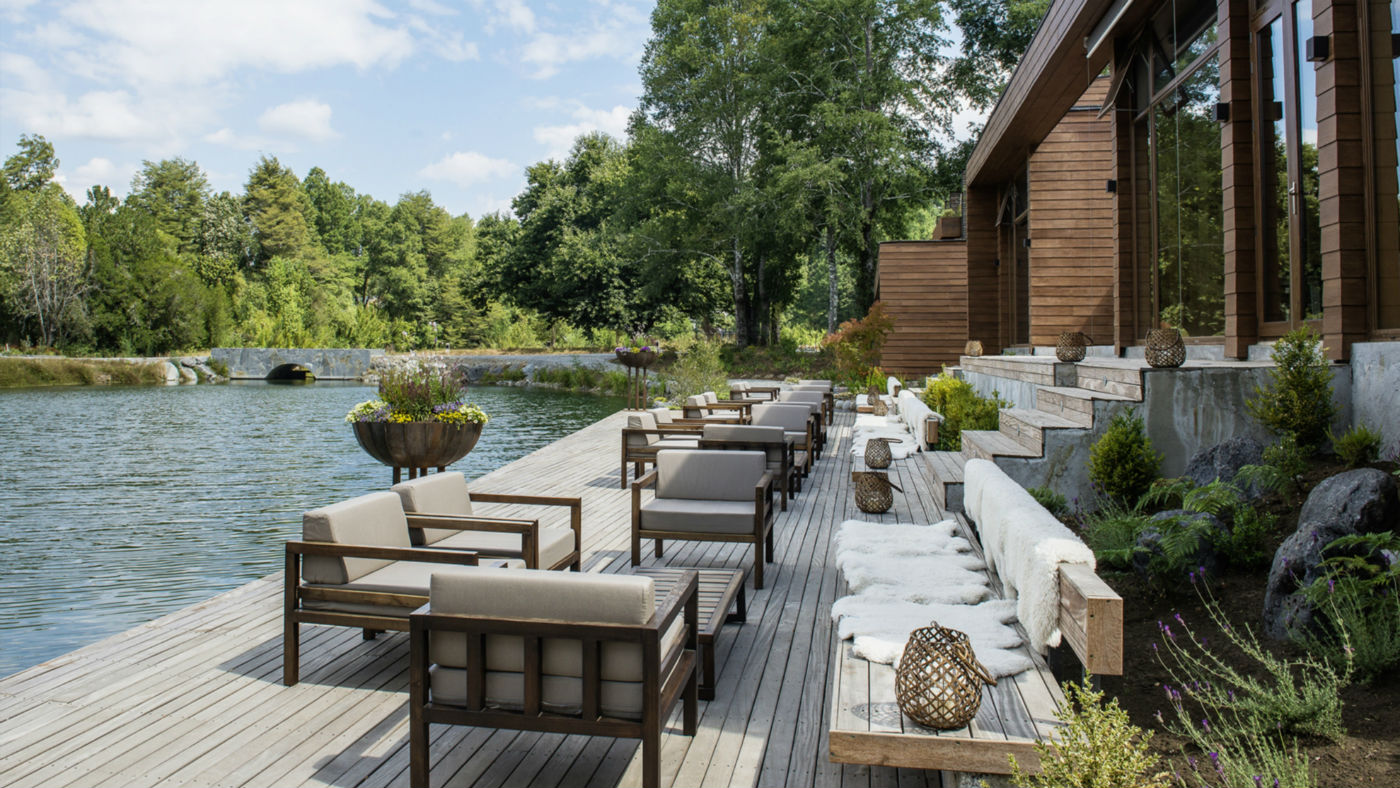
Our mantra of Care of the Land, Care of the Wildlife, Care of the People has proven to be an essential basis for our sustainability. We have to consistently apply effort and resources to all three pillars to get a sustainable outcome. By absolutely believing that the way we do things is right and taking the time to build a firm foundation, we have proved the credibility of our model and this has instilled pride in our staff.
The most important single lesson for us has been that there is no one solution for conservation problems. We have to take time to craft local solutions to local conservation and development problems in each of the areas where we operate. This takes time, as we need to be sure that all the important role players, including the local communities and all affected parties, are consulted. If you rush the consultation phase, you jeopardise the whole project.
There is not much that we would do differently if we had to do it all again. The process we followed was very slow and was heavily criticised when we embarked on it, but it has stood the test of time. In fact, many of our critics have adopted our model in one form or another. By consistently sticking to our ethos, we have created a model that has been examined and questioned and is now increasingly being adopted, influencing and changing thought patterns over time.
We were very fortunate in that our community development committees were not at all political when we started our model in South Africa. In hindsight, we now know that there are two critical factors to local community engagement: first, the community development committees must be as representative and as apolitical as possible. It is important to include women, the youth, the educated sector (usually teachers), the traditional authority and local government in the core committee.
And second, you need to build trust with the development committees, other neighbours and conservation authorities. This takes time and trust must be earned rather than bought, especially when it comes to the local communities.
Many of these community sectors are much better organised than they were when we began with our model 27 years ago, but the rules of engagement still apply. The better the representation on the committee, the quicker it is to be accepted and for acceptance to turn into community support. We were amazed at the level of support that we received from local conservation authorities when we engaged in an open and honest way. This built trust with local conservation authorities and that element of trust gave us the ability to help influence practical changes in local conservation legislation in some of the countries where we operate.
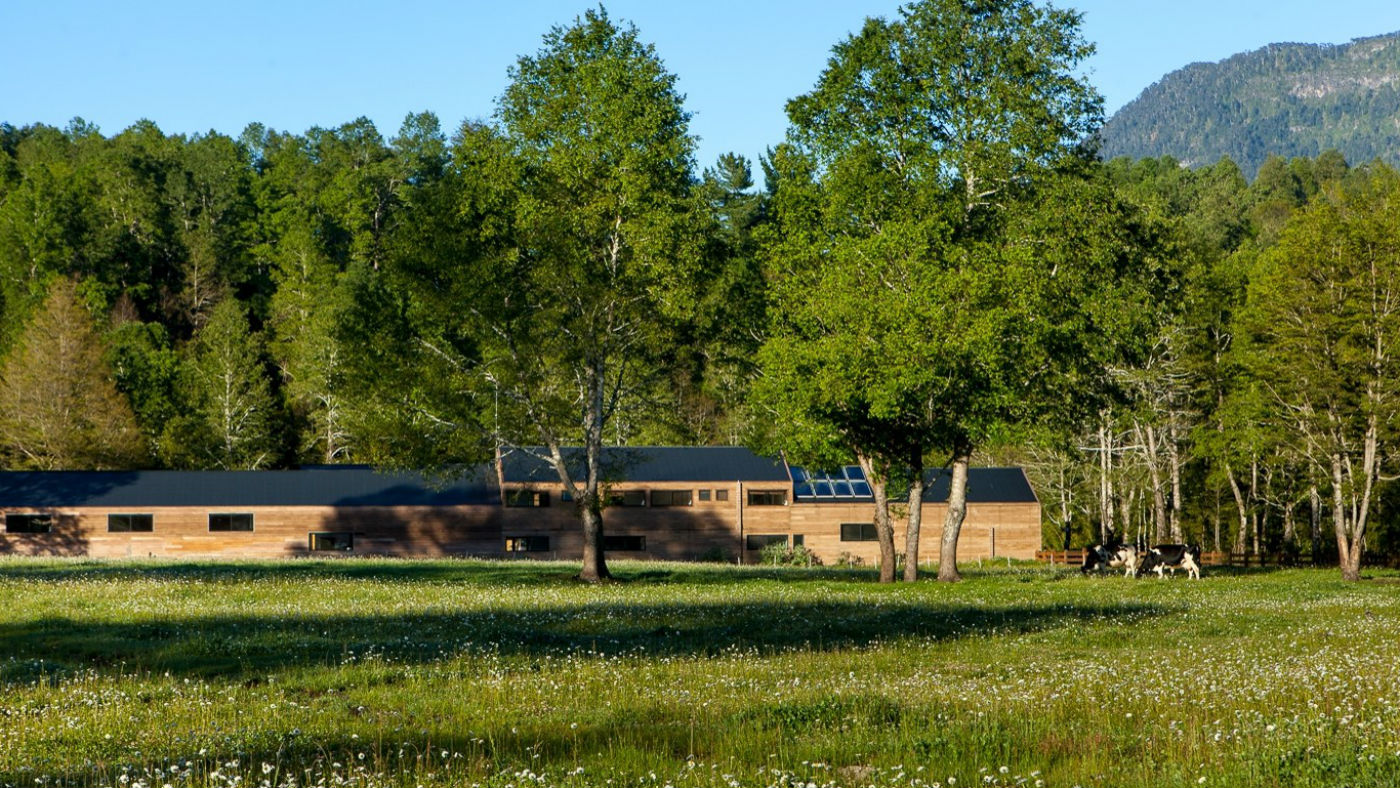
The one fault that we have been guilty of is not telling our story as it happened, making it clear what we believed in and opted to invest our money in. In the past, we have been criticised for not following trends, such as switching to photo voltaic power. We have been judged for embarking on the less popular route of community engagement and we have not pushed this different approach to the conservation arena as hard as we should have. However, it is plain that we are now reaping the benefits of this approach, catching up with and overtaking those who took a more conventional approach. Not only have we made a massive difference in and for the communities that surround our lodges, but we are also profitable. We have developed a superb model that others can adapt and utilise to leave our world a better place than we found it.
In your mind, what makes a visit to an andBeyond property unique?
While all of our 29 lodges and camps are beautifully designed, comfortable and excellently located, with access to extensive wildlife or spectacular landscapes, it is our brilliant, long-standing staff and our connection to local communities that really sets the andBeyond guest experience apart. We have established an intimate relationship with some of the world’s last remaining unspoiled natural places and the communities that surround them. In combination with our highly skilled guides and rangers, this allows us to deliver guest experiences that feel profoundly meaningful.
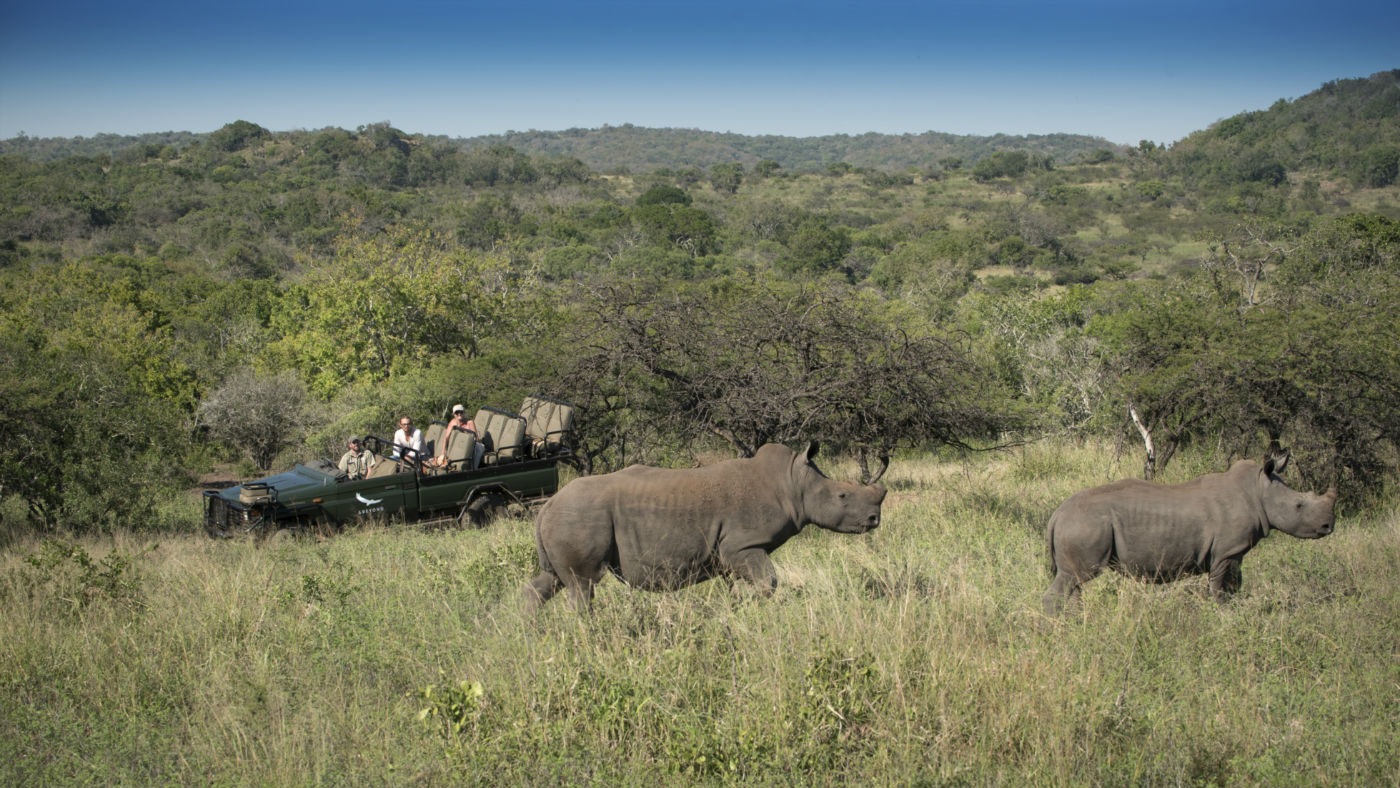
How have your guests' views on conservation changed over the past 25 years? Are people more aware of, and interested in, the projects that you run?
While we do not have any statistics available at the moment, we have certainly noticed that travellers are increasingly interested in ensuring that the companies they choose to travel with are dedicated to responsible and sustainable travel practices. While first-time travellers may not always be as aware of this, our repeat guests are more and more frequently citing this as one of their reasons for continuing to travel with andBeyond. We have also found that travellers are more curious about the details of our conservation initiatives and are eager to learn about and experience these for themselves. Thus, we are starting to offer more and more interactive itineraries such as the Phinda Impact Small Group Journey and the Oceans Without Borders Small Group Journey or our Travel With Purpose tours in South Africa and East Africa.
What new andBeyond offerings are you most excited about in 2018 and beyond?
andBeyond’s vision is to strive to leave our world a better place than we found it through our ethos of care of the land, wildlife and people. Having been born in Africa, we are intensely passionate about how positively our land conservation efforts have influenced much of the continent’s wild places.
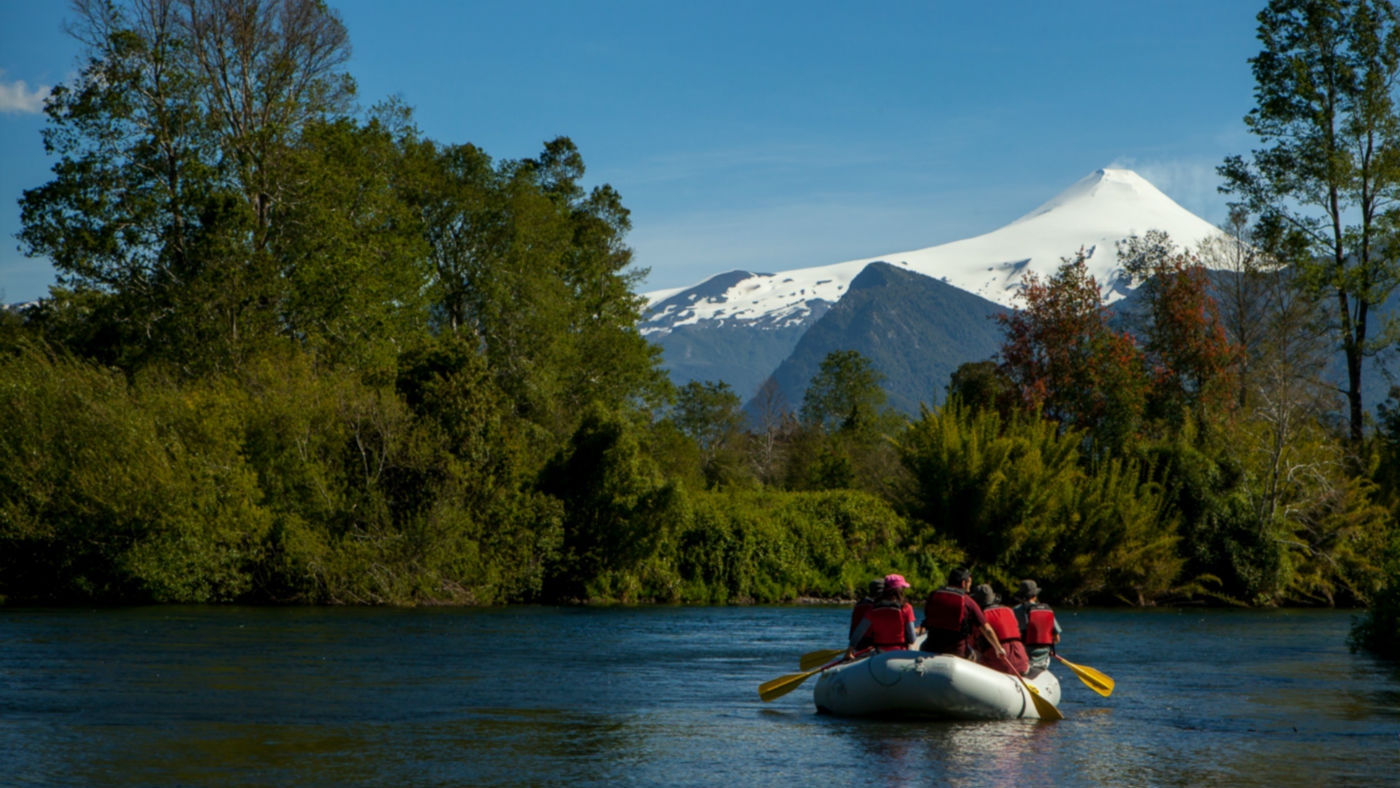
Our vision is a long term one, and it has to be, because meaningful conservation and community development work takes a long time to develop, implement and measure. It has taken andBeyond 25 years to achieve this vision in Africa, and that development is not over yet. We are far from done in Africa and we will continue to strive to change our world for the better, wherever we see it fitting in with our model and our vision. In the last few years, we have become involved in ocean conservation and we’re looking at greatly increasing our efforts on this front in the very short term.
On the lodge front, we have a lot of exciting projects in the pipeline, including the continued revamp of our existing lodges and the rebuild of andBeyond Phinda Homestead in South Africa (due to open in September). andBeyond Bateleur Camp in Kenya and andBeyond Phinda Vlei Lodge in South Africa were also recently refurbished and reopened. We also have the brand new andBeyond Tengile River Lodge in the prestigious Sabi Sand Game Reserve opening in December.
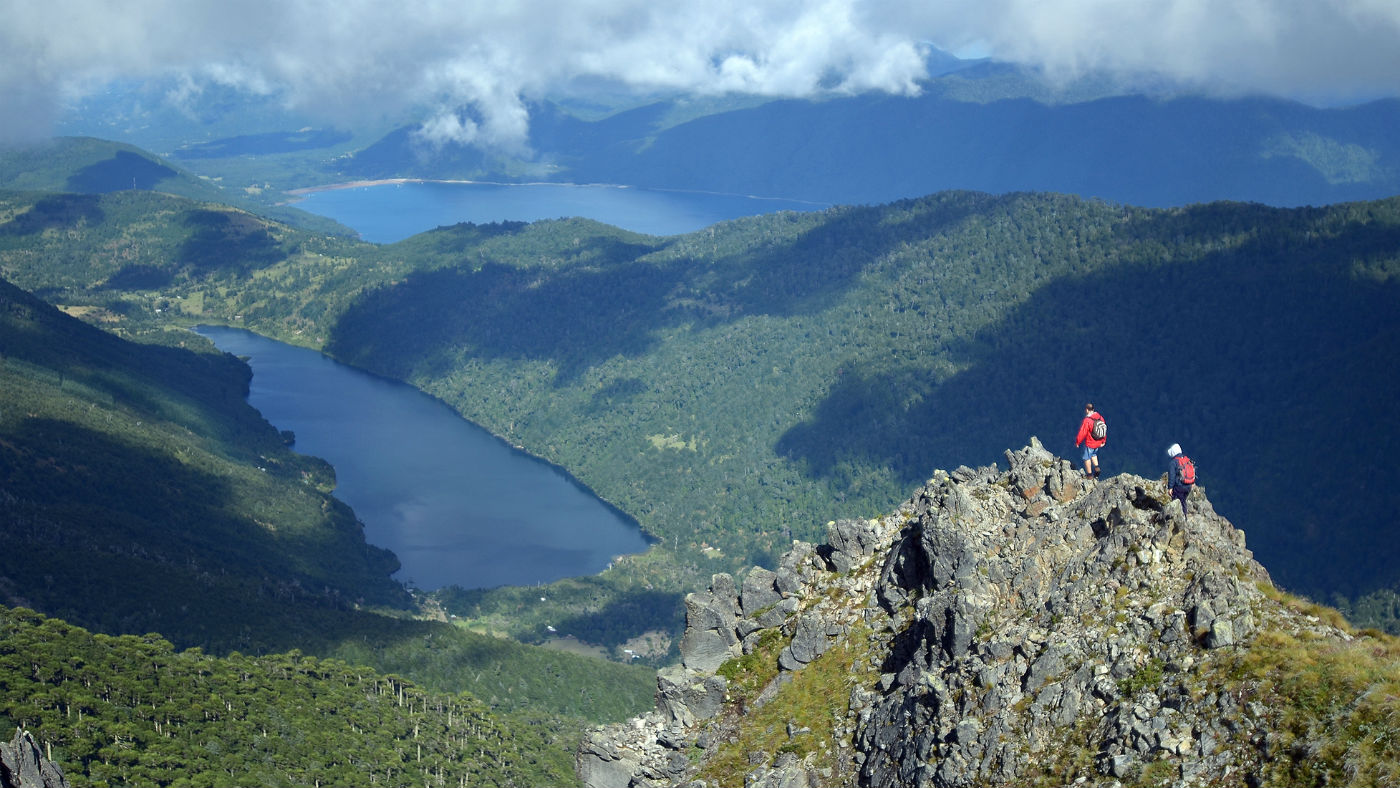
Over the past three years we have also taken major steps forward in our long-term goal of exporting our impact model out of Africa and into South America. We believe that the expertise and knowledge we have gained in Africa can, in time, create a meaningful impact on this beautiful continent and we are thrilled to be managing our first lodge in South America. As of September, andBeyond Vira Vira in the Chilean Lake District will be added to our expanding portfolio of lodges. We have exciting developments in the pipeline for Bhutan, so watch this space!
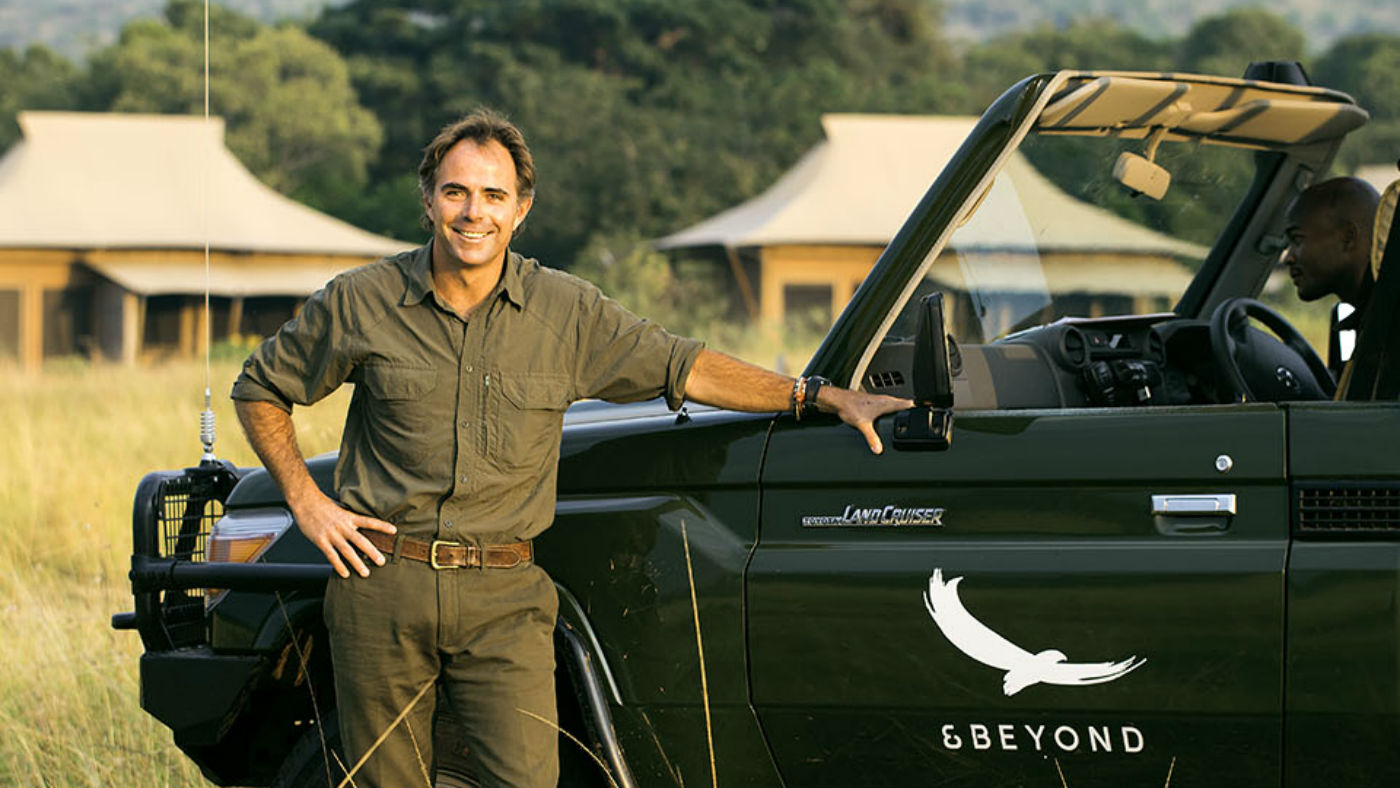
Joss Kent, CEO of andBeyond
Arion McNicoll is a freelance writer at The Week Digital and was previously the UK website’s editor. He has also held senior editorial roles at CNN, The Times and The Sunday Times. Along with his writing work, he co-hosts “Today in History with The Retrospectors”, Rethink Audio’s flagship daily podcast, and is a regular panellist (and occasional stand-in host) on “The Week Unwrapped”. He is also a judge for The Publisher Podcast Awards.
-
 What to know before filing your own taxes for the first time
What to know before filing your own taxes for the first timethe explainer Tackle this financial milestone with confidence
-
 The biggest box office flops of the 21st century
The biggest box office flops of the 21st centuryin depth Unnecessary remakes and turgid, expensive CGI-fests highlight this list of these most notorious box-office losers
-
 What are the best investments for beginners?
What are the best investments for beginners?The Explainer Stocks and ETFs and bonds, oh my
-
 Hotel Sacher Wien: Vienna’s grandest hotel is fit for royalty
Hotel Sacher Wien: Vienna’s grandest hotel is fit for royaltyThe Week Recommends The five-star birthplace of the famous Sachertorte chocolate cake is celebrating its 150th anniversary
-
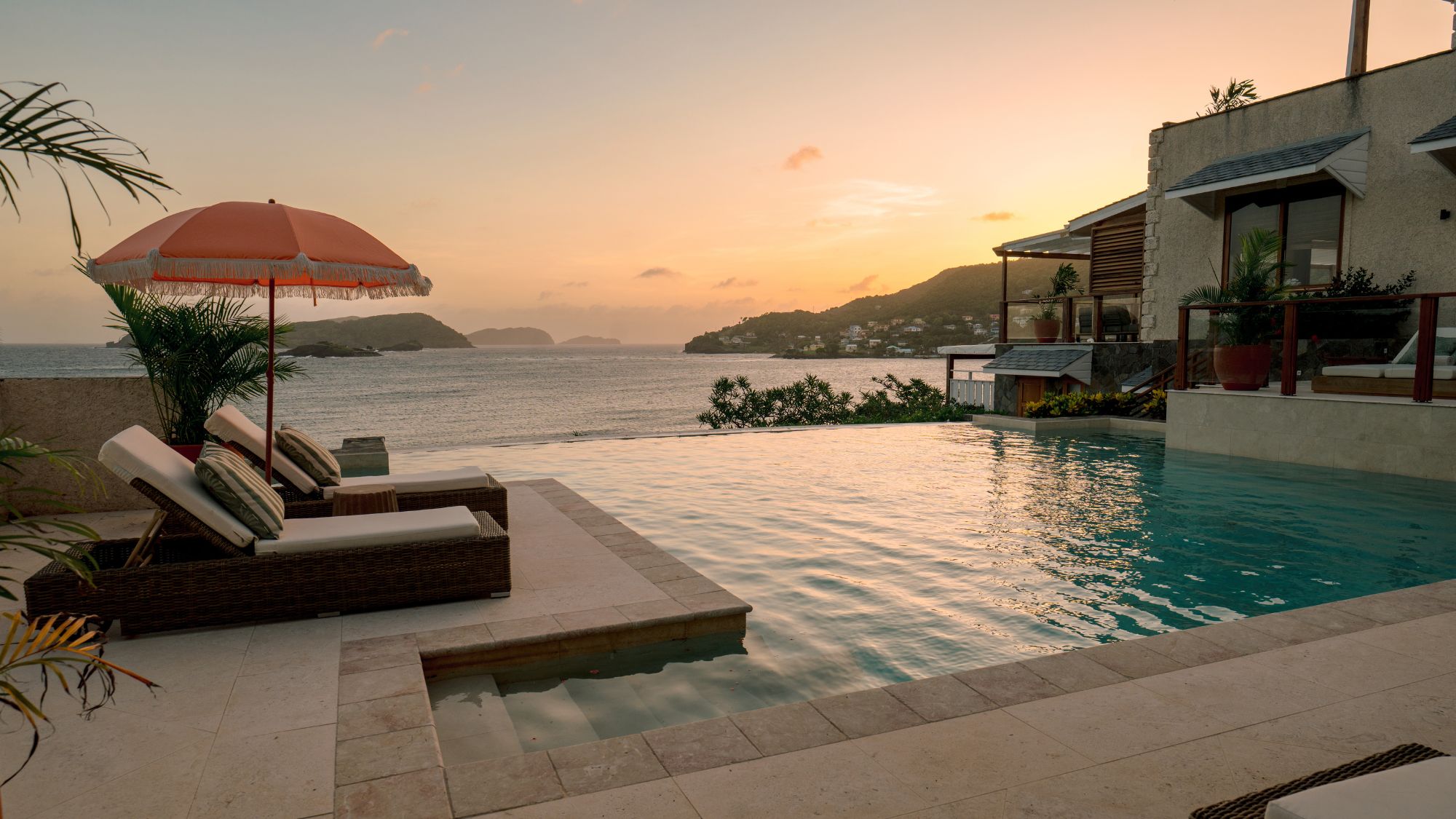 Rock Villa, Bequia: a hidden villa on an island epitomising Caribbean bliss
Rock Villa, Bequia: a hidden villa on an island epitomising Caribbean blissThe Week Recommends This gorgeous property is the perfect setting to do absolutely nothing – and that’s the best part
-
 Villa Treville Positano: a glamorous sanctuary on the Amalfi Coast
Villa Treville Positano: a glamorous sanctuary on the Amalfi CoastThe Week Recommends Franco Zeffirelli’s former private estate is now one of Italy’s most exclusive hotels
-
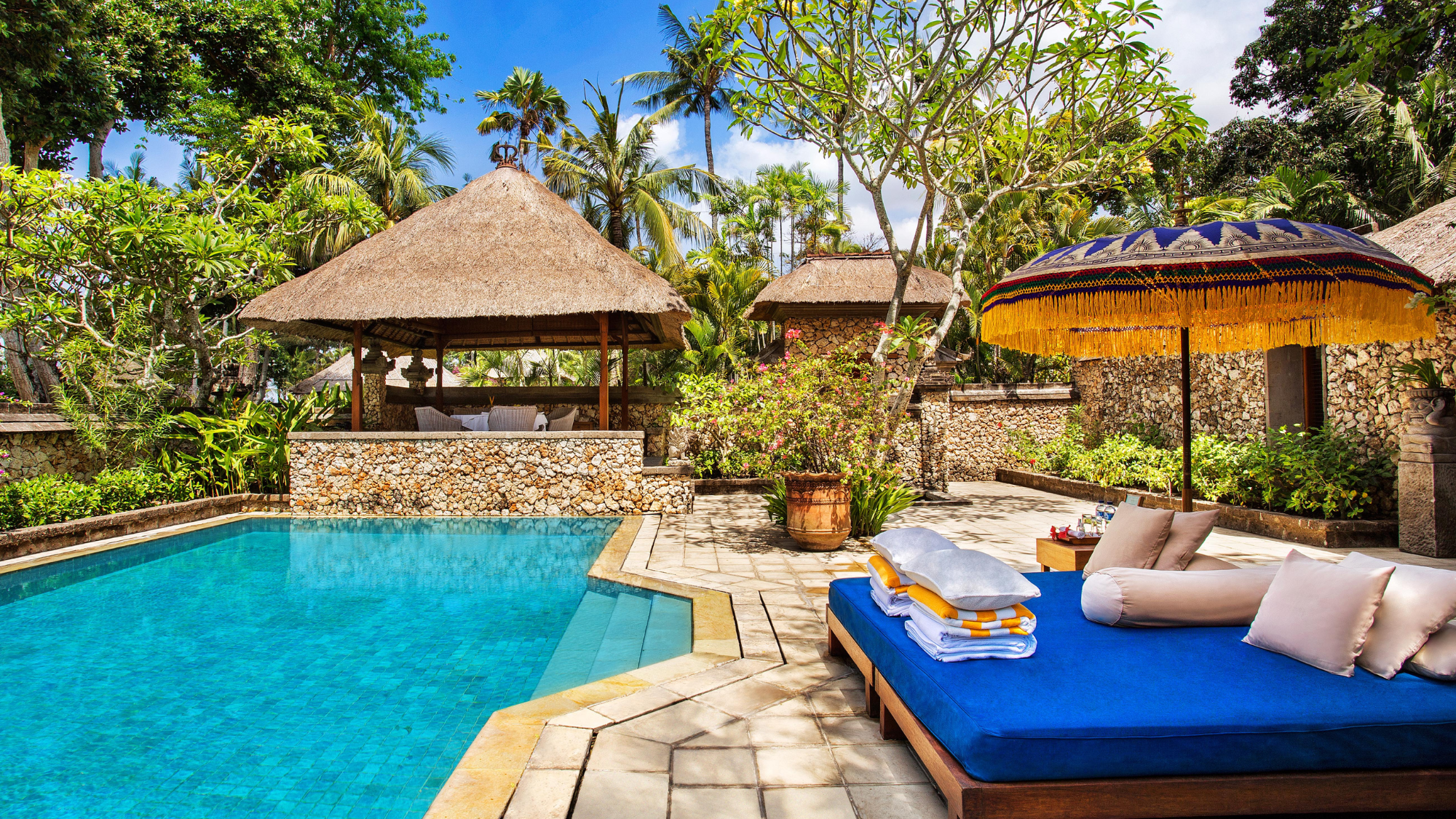 The Oberoi Beach Resort, Bali: a calm retreat in the heart of Seminyak
The Oberoi Beach Resort, Bali: a calm retreat in the heart of SeminyakThe Week Recommends Tradition meets modernity at this serene beachfront resort
-
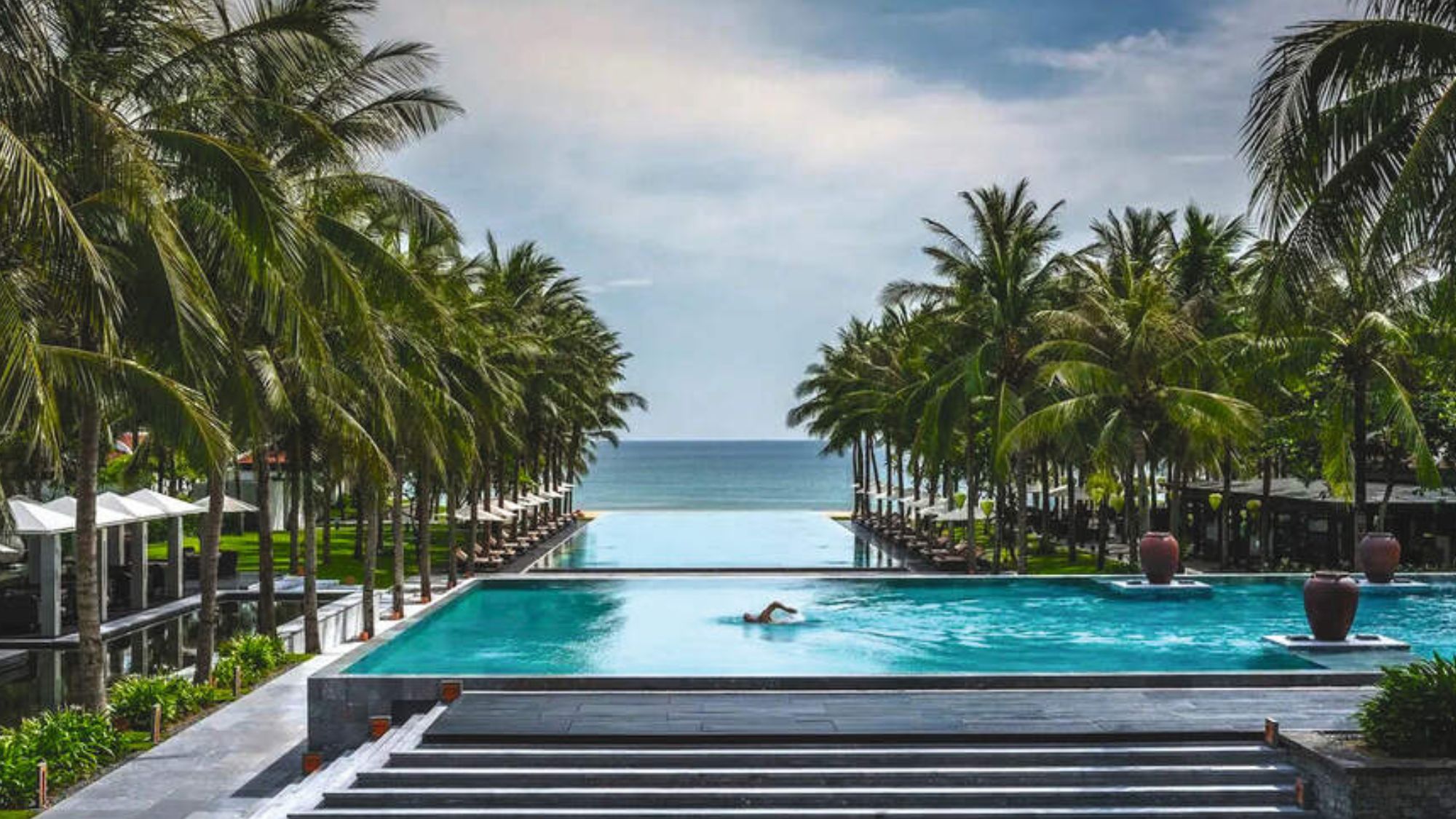 Six sensational hotels to discover in 2026
Six sensational hotels to discover in 2026The Week Recommends From a rainforest lodge to a fashionable address in Manhattan – here are six hotels that travel journalists recommend for this year
-
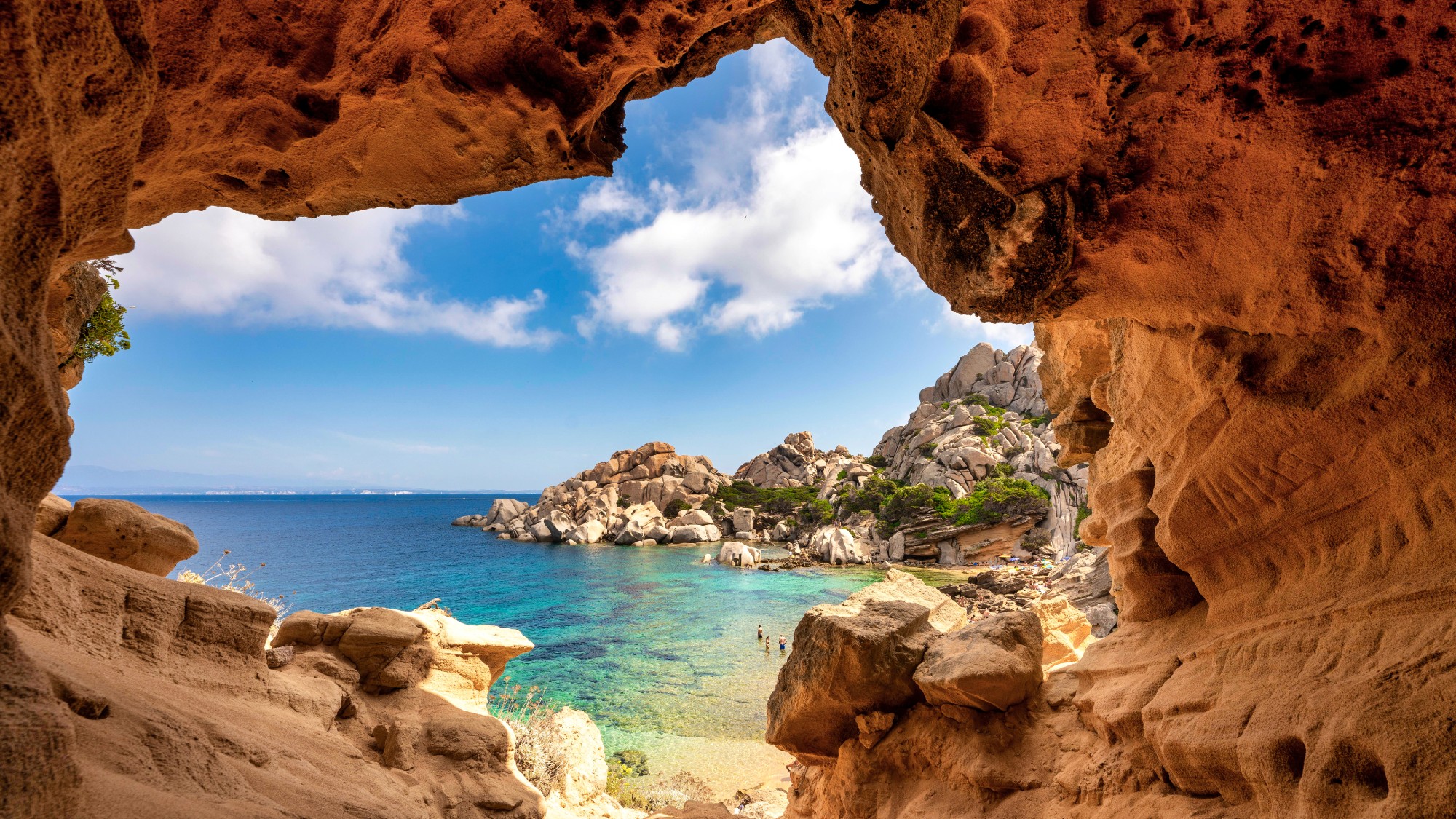 8 incredible destinations to visit in 2026
8 incredible destinations to visit in 2026The Week Recommends Now is the time to explore Botswana, Mongolia and Sardinia
-
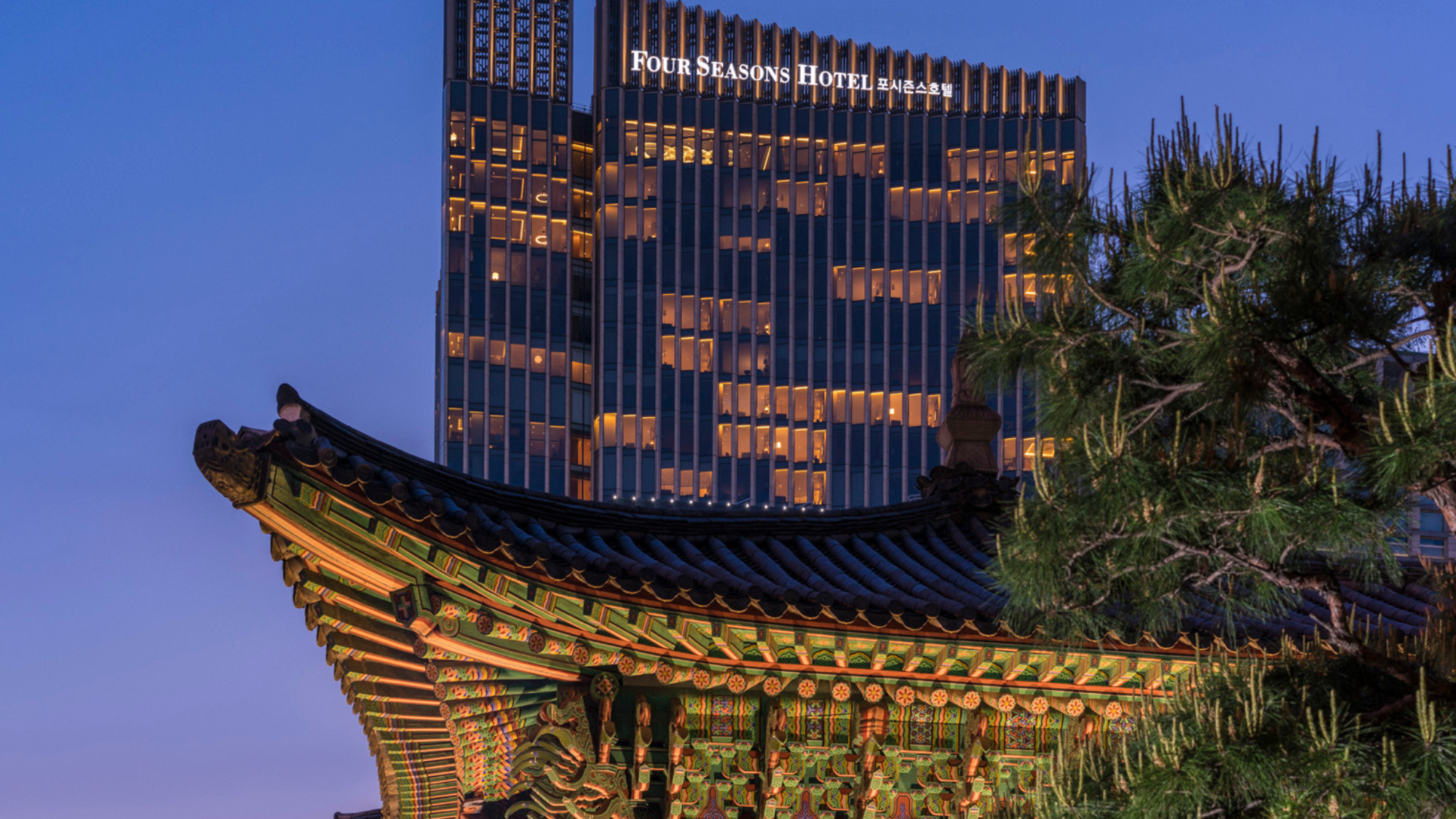 Four Seasons Seoul: a fascinating blend of old and new in South Korea
Four Seasons Seoul: a fascinating blend of old and new in South KoreaThe Week Recommends Located right in the heart of the action, this classy hotel is the perfect base to explore the capital
-
 Upper House Hong Kong: a serene sanctuary in the bustle of the city
Upper House Hong Kong: a serene sanctuary in the bustle of the cityThe Week Recommends Panoramic harbour views and super-stylish interiors elevate this luxury hotel to another level